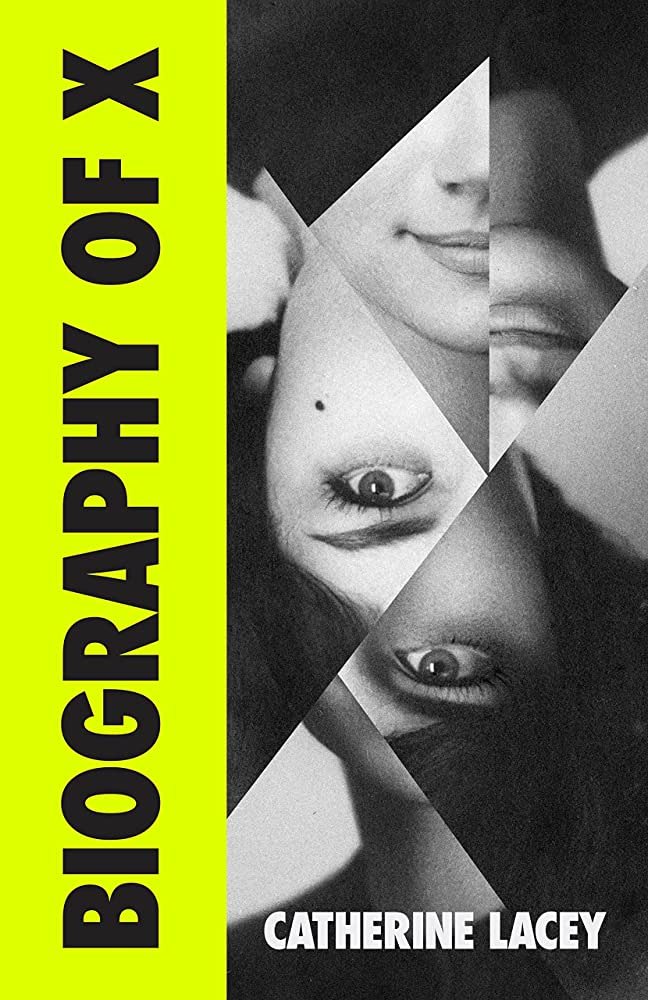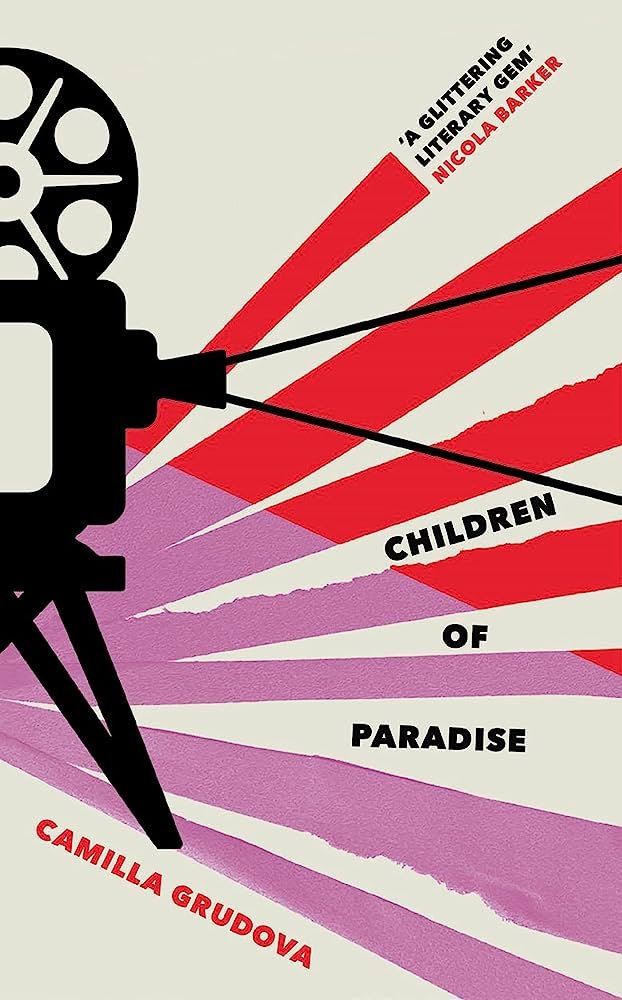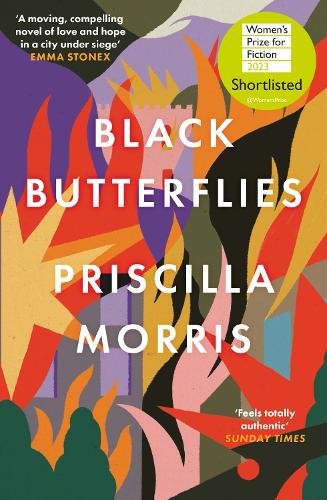There are some novels that feel perfectly aimed at me. “Biography of X” is absolutely one of them because its story and central subject matter are the sort I most enjoy reading. Like in Hustvedt's “The Blazing World”, Lacey's new novel considers the phantasmagoric life of a fictional female artist. It's an intelligent exploration of the meaning of identity considering whether this is formed through inherent characteristics, self-creation or projections from other people. This is clearly a preoccupation for the author as her novel “Pew” explored this meaningful question from a different angle. Yet the premise of this new novel is in some ways more ambitious and expansive as it's a very playful mixture of fact and fiction which also pursues a central intimate mystery. Ultimately, this tale is also about the dilemma of how much we can truly know the people we love the most because no matter how close we feel to them there will always be aspects of their lives which will remain hidden and unknown.
A complex artist named X has died. Her widow CM embarks on researching X's life and interviewing people from her past in order to write an account to set the record straight and learn more about her own puzzling wife. In the process she describes how X's life intersected with a fascinating array of real historical and current artists, writers and cultural figures. It's so fun to see how personalities such as Susan Sontag, Andy Warhol and Max Porter enter the story. However, the more CW learns about her deceased wife the more she realises how little she understood her. X's elusiveness was part of her work as a shapeshifting figure in the manner of artists such as Sophie Calle or Cindy Sherman. Her process of radical reinvention from country life to cosmopolitan “it girl” is also akin to the character of Holly Golightly – if Capote's character were a radical artist. Additionally, X needed to escape her past as this novel presents a revisionist history where America became politically divided in a way even more outwardly extreme than what exists today. Like in the first section of “To Paradise”, in this version of America same sex marriage has been legal for much longer than it has been in reality. Gradually we come to understand the various ways in which X's artistic mission was both personally and politically motivated.
Alongside Lacey's text there are a number of photographs throughout the novel which further blend fact and fiction as well as illuminating the biographical detail of X's life. It's so creative how Lacey explores the way events in history might have differently played out and how certain figures such as Emma Goldman could have had a key political role if circumstances had been slightly different. As with many biographies, the text can reveal more about the biographer than the subject. CW must gradually separate what she wanted X to be from the person she actually was. As she's confronted with the versions of X that existed for the subjects she interviews a blurry understanding of the real woman appears. But how much can you truly know such a human changeling and how much can you really understand someone when, as the philosopher William James described, we have as many personalities as the people we know? These universal questions are poignantly applied to a wildly entertaining story that's like a masterful puzzle and an exposé of a sumptuous hidden history.






















